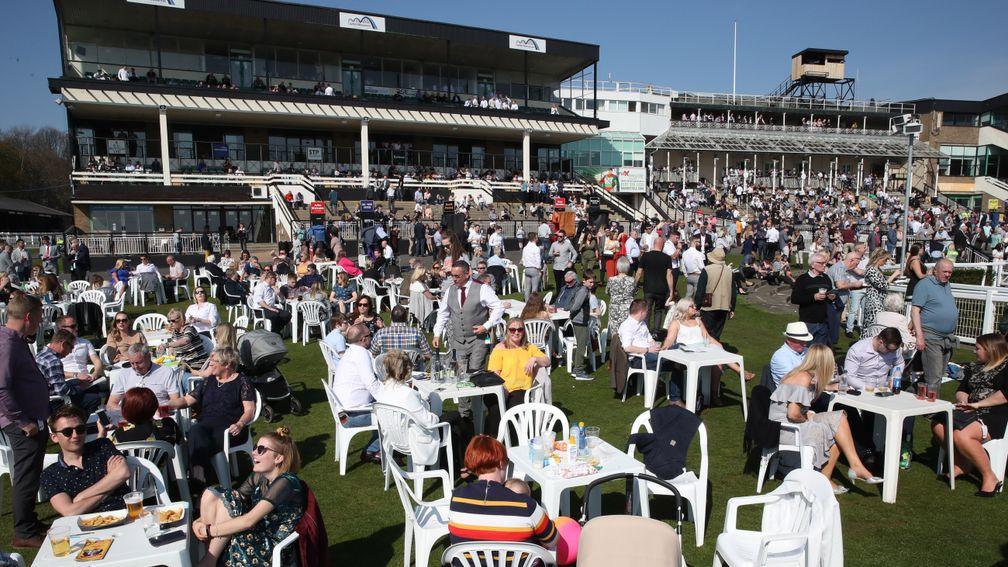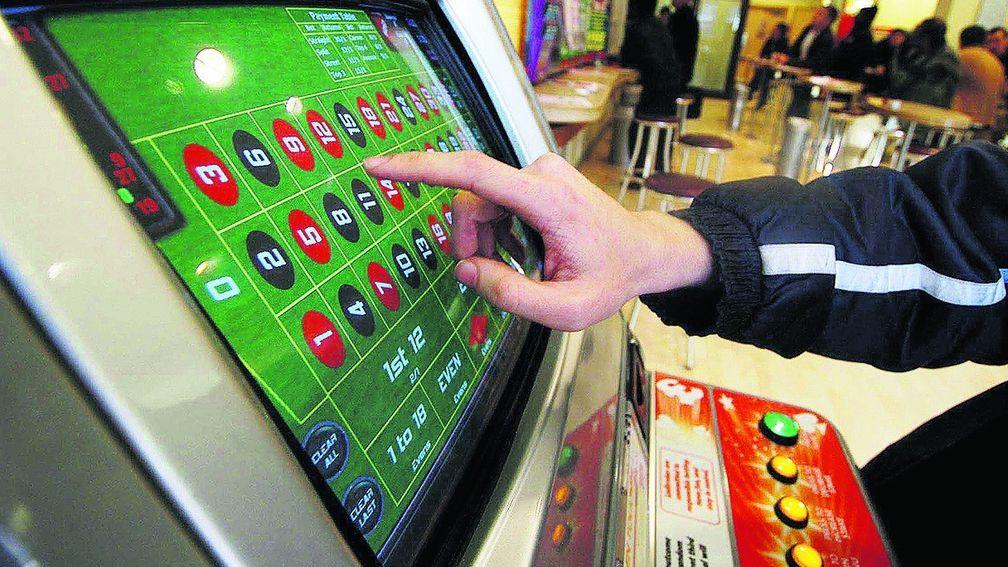Arc accounts warn of impact of betting shop closures on racecourse income

The impact of betting shop closures is "starting to take an effect" on racecourse finances according to accounts for 2018 filed to Companies House by divisions of Arena Racing Company (Arc) this week.
The strategic report within Arena Racing Corporation's accounts, which along with Northern Racing came together to form Arc in 2012, made the warning and predicted the effect would become more significant as closures continued to mount up.
The number of betting shops is important to the finances of British racing because of the payments racecourses receive for the live pictures broadcast in those shops.
The government's decision to reduce the stakes on the controversial gaming machines known as FOBTs has led to a number of shops becoming unprofitable and closing down, most notably at William Hill, who announced that 700 of their betting offices would be shutting, including around 650 in September alone.
Bookmakers have predicted that hundreds more are to close within the next two years.

Industry analysts Regulus Partners estimate that 2,500 shop closures would cost Arc and its partners £16m in media rights.
The strategic report for Arena Racing Corporation said: "The racing industry continues to face challenges from the closure of licensed betting offices throughout the UK following the government's action to reduce the maximum stake for fixed odds betting terminals to £2.
"This impact is starting to take an effect and is expected to become more significant with William Hill announcing the closure of 700 shops."
The combined turnover of the two divisions came to £190.7 milliion in 2018, an increase of 25 per cent on the previous year.
The Racing Partnership (TRP), the media rights company set up by Arc and a number of Britain's smaller independent courses, appeared to be the main driver of the increase in turnover.
With more courses coming under their umbrella in 2018, TRP's turnover increased nearly 157 per cent to £61.9m.
The amount paid out to TRP's member racecourses in licence fees was £51.2m.
However, according to figures compiled by Regulus Partners, the two divisions' combined earnings (Ebitda, or earnings before interest, taxation, depreciation and amortisation) were £10.1m, a fall of 47 per cent.
The fall, the accounts said, "was principally driven by an increased prize-money contribution and increased overheads, particularly labour costs, where the group has seen a further increase in the national minimum wage".
Arc is one of Britain's two major racecourse groups, running 16 tracks including Doncaster, Lingfield and Newcastle, as well as two greyhound stadia and being a shareholder in the joint venture which runs Sky Sports Racing.
Comment: financial concerns have never gone away
Arena Racing Company was at the centre of a storm earlier this year when the group signalled its intention to cut its contribution to prize-money.
They planned to do so in anticipation of falling income caused by betting shop closures. But once the reductions were implemented it provoked a fierce reaction from owners, trainers and jockeys, including boycotts of some Arc meetings.
A compromise was found but the intrinsic issue that betting shops are hugely important to racecourse income remains, as the figures posted by Arc illustrate.
Arc will say that something has got to give but there is no sign that horsemen's suspicion they are not getting their just financial reward from Arc has decreased.
The conditions therefore remain for another eruption of ill will when budgets for 2020 are produced.
The realisation that the sport needs to reduce its reliance on high street bookmakers for its income has led to racecourses looking to charge the online betting industry, as reported in these pages this week.
That runs the risk of further conflict, this time with bookmakers.
Finding a way through these potential flashpoints is going to prove key for the sport in the coming months.
For the freshest betting advice, based on latest going and market conditions, don't miss the Live Tipster every afternoon. Just click Raceday Live at racingpost.com or the mobile app
Published on 11 October 2019inNews
Last updated 19:33, 11 October 2019
- The latest edition of the Racing Post is available to read online now - here's how you can access it
- How Smart View recorded a 76 per cent profit at the Cheltenham Festival
- Smart View is available on the Racing Post app - how to read the revolutionary new racecard
- Levy reform talks 'accelerating' as clock ticks down to April deadline for agreement
- Kieran Shoemark lands another plum Meydan ride for Gosden stable on Trawlerman in Saturday's Dubai Gold Cup
- The latest edition of the Racing Post is available to read online now - here's how you can access it
- How Smart View recorded a 76 per cent profit at the Cheltenham Festival
- Smart View is available on the Racing Post app - how to read the revolutionary new racecard
- Levy reform talks 'accelerating' as clock ticks down to April deadline for agreement
- Kieran Shoemark lands another plum Meydan ride for Gosden stable on Trawlerman in Saturday's Dubai Gold Cup